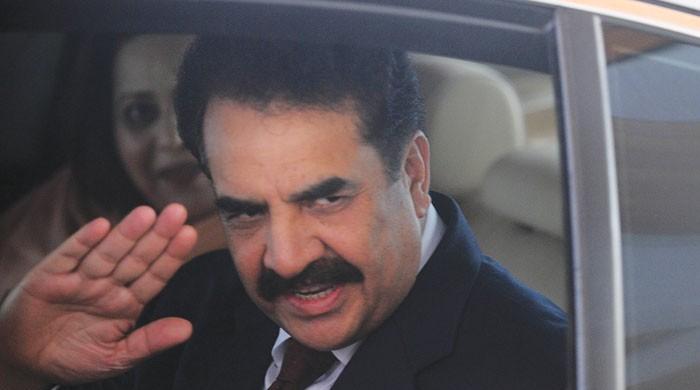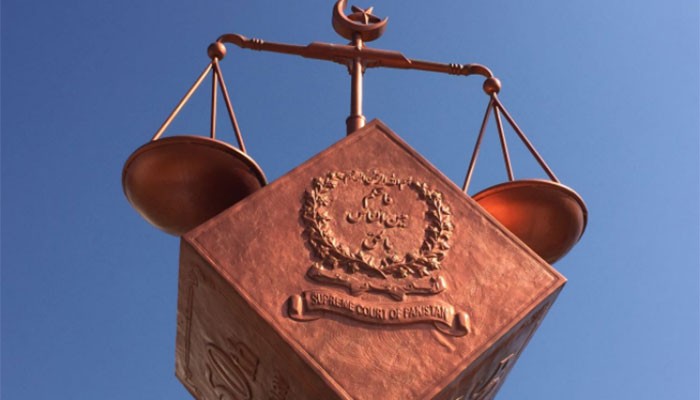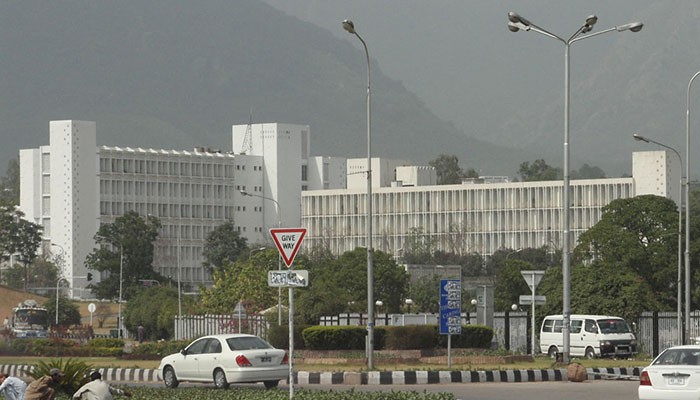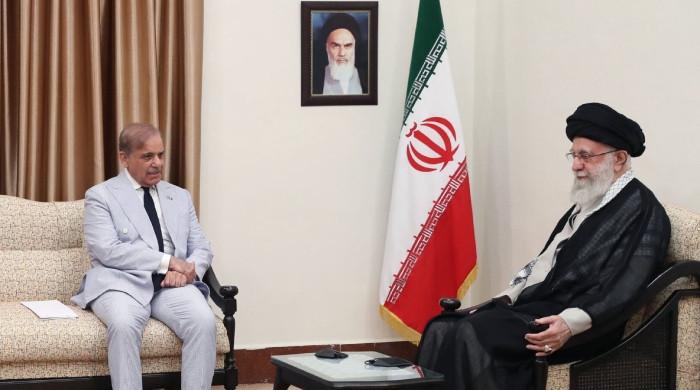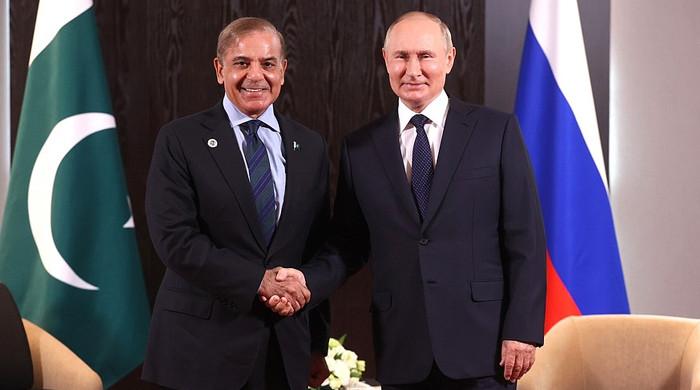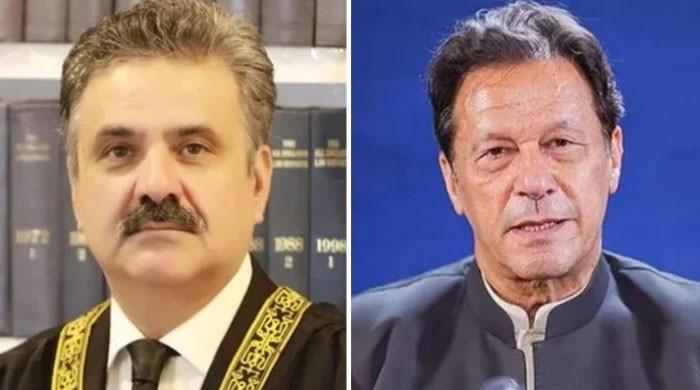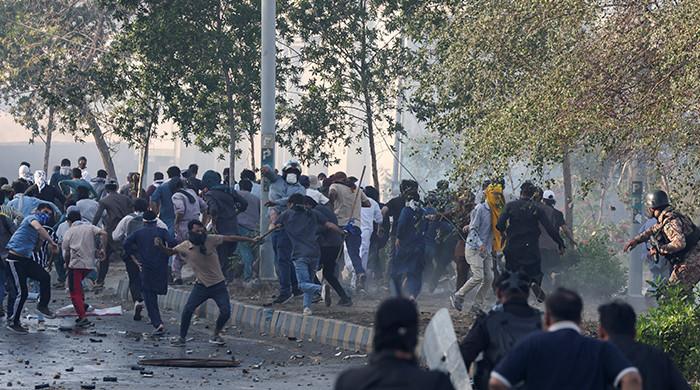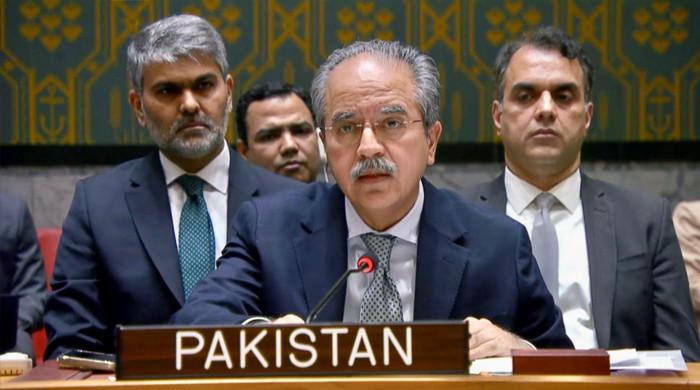CJP inquires how General Raheel, Pasha were permitted foreign employment
Defence secretary tells Supreme Court he's unsure about two-year employment bar on government servants after they retire
August 01, 2018
ISLAMABAD: The Supreme Court asked on Wednesday why former top army generals had gone abroad for employment despite a law barring government officers from doing so for two years post-retirement.
Hearing the suo motu case of dual nationalities of government employees today, Chief Justice of Pakistan Justice Mian Saqib Nisar observed that former Inter-Services Intelligence (ISI) chief Lieutenant General (retd) Shuja Pasha and former chief of army staff General (retd) Raheel Sharif had found employment abroad within two-years after retirement.
"According to the law, government officers cannot sign an employment contract abroad for two years after their retirement. Generals Pasha and Sharif, both, found employment abroad. Is the law not applicable to army officers?" the chief justice asked.
Defence Secretary Lt Gen (retd) Zamir-ul-Hassan Shah apprised the court that both retired officers had obtained a no-objection certificate (NOC) prior to leaving the country for employment.
In response, the chief justice noted that those who serve the country at top positions are privy to sensitive information. "Individuals who have headed sensitive departments should, in fact, be provided security," Justice Nisar remarked.
The defence secretary then informed the apex court that the federal government had permitted both generals to sign foreign employment contracts.
However, Shah, who served in the army as the adjutant general, admitted he was unsure of the rules barring government servants from obtaining foreign employment till two years after their retirement.
The chief justice observed that it is to be seen how this permission was granted. "We will see how the permission was granted, and what is its nature and duration. These individuals should have obtained the cabinet's permission [prior to their departure]," noted Justice Nisar.
Dual citizenship in army
Speaking about dual citizenship, the defence secretary further said the armed forces do not recruit dual citizens. Adding that the condition against dual citizenship is advertised in recruitment ads, Shah said any dual citizen accepted by the army has to give up their foreign nationality.
The chief justice then ordered the defence secretary to submit in writing the information he had shared in court. The top judge also ordered the defence secretary to ensure that dual citizens were not presently employed by the armed forces. "We have earlier conducted a similar exercise among the civil forces," Justice Nisar remarked.
How many officers married to foreigners, SC asks
Justice Ijazul Ahsan, who is also part of the bench hearing the case, asked the defence secretary how many officers of the armed forces were married to foreign nationals.
Shah apprised the court that officers of the armed forces can only marry a foreign national after taking prior approval from the relevant force's chief. "Any officer who marries a foreign national without obtaining prior approval is strictly penalised," the defence secretary stated further.
27 Interior Ministry officials dual nationals, SC told
An official of the Interior Ministry present in court said 27 officers from the ministry were dual citizens.
Issuing a notice to all 27 officers, the court adjourned the hearing till August 7.
On January 17, the Supreme Court had summoned details of senior government officials and members of the judiciary having dual nationalities.
The chief justice had taken notice of the issue while hearing a separate case.
